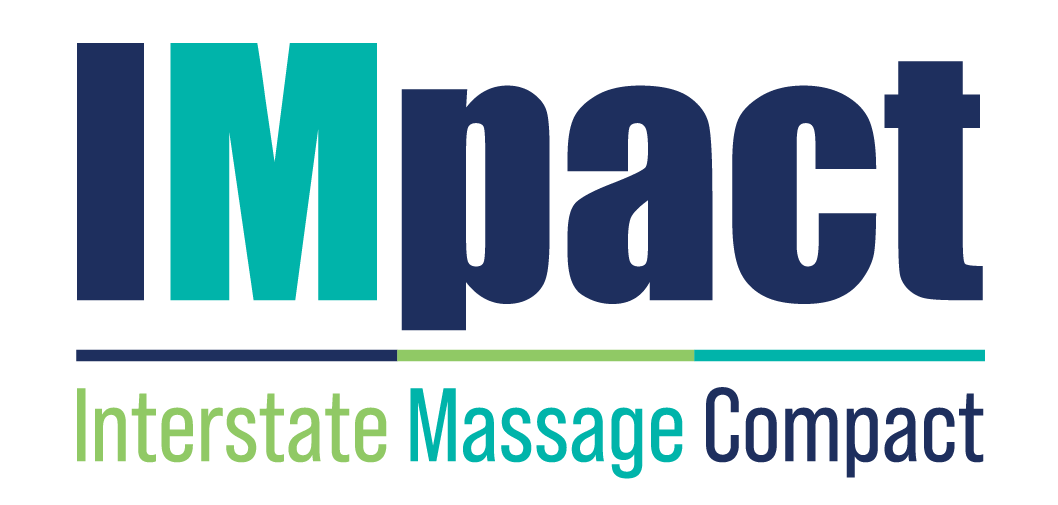
IMpact Multistate Licenses are not yet available.
An interstate compact is a contract among two or more states creating an agreement on a particular policy issue, adopting a certain standard or cooperating on regional or national matters. Compacts are powerful, durable and adaptive tools for ensuring cooperative action among states. In recent years, professions have been using interstate compacts to facilitate occupational licensing reciprocity among states.
Occupational licensure compacts exist for the following professions:
Licensure compacts for teaching, social work, cosmetology, dentistry, school psychology and dietetics are under development.
Not exactly, but all are similar in form and function. Most licensure compacts utilize a mutual recognition model, whereby a practitioner’s valid, unrestricted home state license is “mutually recognized” by other compact member states. Mutual recognition compacts allow a professional to practice in the compact member states without having to go through each individual state’s licensure process.
IMpact allows massage therapists who maintain an active, unencumbered license in the compact member state where they reside to apply for a multistate license. After verifying eligibility, the massage therapist is granted a multistate license which authorizes practice in all other compact member states. The massage therapist must maintain their “home state” license in good standing.
A massage therapist who wishes to practice in multiple states under the compact will apply for a multistate license. To be eligible, a massage therapist must hold an active license in their primary state of residence (which must be a member of the compact) and meet other eligibility criteria. When eligibility is verified and all fees are paid, the therapist receives the multistate license and may begin legally working in any compact member state.
To apply for a multistate license, a massage therapist must reside and hold a license in a compact member home state. After the licensed massage therapist’s home state has joined the compact, the massage therapist can apply for a multistate license through the state’s massage therapy licensing authority.
No. The multistate license allows massage therapists to practice in all compact member states. Massage therapists need only apply for one multistate license rather than continuing to apply to each individual state. However, if a state is not a member of the compact, the licensed massage therapist will still need to apply for that individual state’s license.
A licensed professional message therapist must:
The Coalition of National Massage Therapy Organizations published Entry-Level Massage Education Blueprint identified 625 hours of instruction as the minimum required to acquire core massage therapy skills. Additionally, the project team assembled by CSG to draft IMpact recommended the inclusion of a 625–hour requirement based on massage school data and prevailing licensing requirements in states.
625 Hour Fact Sheet
Yes. The compact only specifies “clock hours” with no mention of a massage therapy education program. Continuing education hours will count towards an applicant meeting the 625-hour requirement.
Yes. Your state can still join the compact as long as it requires some level of massage therapy education. It is the practitioner that must obtain 625 hours of massage therapy education, including continuing education.
No. Massage therapists using the compact are only responsible for completing continuing education requirements for their home state license.
IMpact allows eligible massage therapists to practice in all states that join the compact. The goal of IMpact, like all licensure compacts, is to eliminate barriers to practice and to client care along with ensuring public protection. IMpact will also enhance a state’s ability to protect public safety.
Other benefits include:
In order to be eligible to join, a state must meet the following criteria:
If a state meets this threshold, the state legislature must pass the Interstate Massage Compact model legislation and the governor must sign it into law for that state to become a member of the compact.
Yes, all 50 states, Washington D.C. and all U.S. territories can become a member of the Massage Compact as long as they meet the state requirements outlined in the compact.
Through IMpact, consumers have greater access to care. IMpact allows licensed massage therapists to ensure continuity of care when clients relocate.
Additionally, states gain a supplementary layer of oversight of massage therapists who may enter their state to practice. The IMpact data system will allow member states to verify instantaneously that massage therapists based in other states have met defined standards and competencies and are in good standing with other states’ regulatory boards. The IMpact data system will help states better protect the public.
Massage therapists can contact the state chapter or national office of their professional membership association and state legislature to advocate for the interstate compact.
